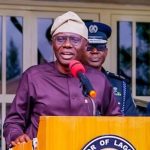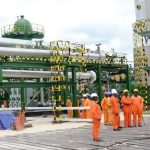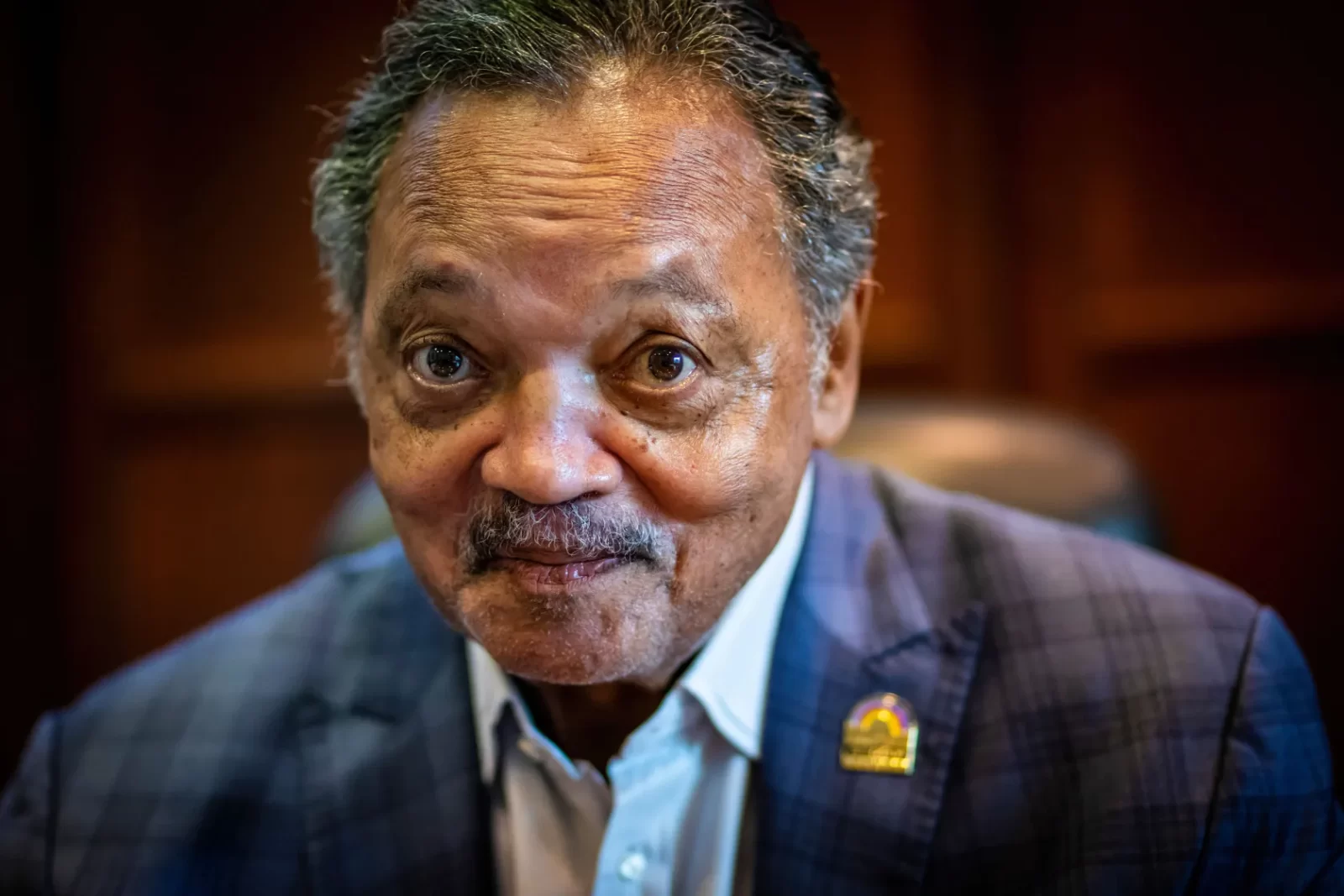A public affairs analyst, Mr. Paul Ejime, has lamented that the Economic Community of West Africa (ECOWAS) is facing some of the most difficult challenges since its formation in 1975.
Ejime made the remarks to Diaspora Digital Media (DDM) after sharing views at an informal meeting with the Ambassador of the European Union (EU) to Nigeria and ECOWAS, Her Excellency, Ms. Samuela Isopi.
Ejime, a former war correspondent and veteran journalist, said the exchange with Ms. Isopi was centred around how to leverage strategic partnerships for effective conflict management and resolution interventions.
According to him, four of the 15-nation West African regional bloc are under military dictatorships.
Presently, three of the four — Niger, Mali, and Burkina Faso — are threatening to quit the organisation altogether.
The leadership of the affected countries cites interference in their internal affairs by neighbouring and European forces as reasons for the decision.
Meanwhile, Senegal, once considered an anchor of regional stability, is facing uncertainty over the date for a crucial presidential election.
How does the EU relate to ECOWAS? TheEU is one of ECOWAS’ strategic partners.
It has provided the West African regional economic bloc with technical and financial support worth more than one billion euros.
The support covers key areas such as peace and security, counterterrorism, maritime, and other development areas.
The exchange of ideas with the EU Ambassador covered these and other thematic areas of ECOWAS-EU collaborations and emerging challenges.
This particularly revolves around the resurgence of military incursions in politics and the apparent erosion of freedom, the rule of law, and threats to liberal democracy.
Ejime, a private consultant, provides technical support on corporate strategic governance communications to ECOWAS and other international organisations.
About the West African regional bloc
ECOWAS, a regional political and economic union of fifteen countries, is located in West Africa.
Its main goals are to promote economic integration, trade, peace, and human rights in the region.
Some of its achievements include the free movement of people and the ECOWAS passport.
Other achievements include the ECOWAS Court of Justice and the West African Regional Peacekeeping Force.
ECOWAS was established on May 28, 1975, with the signing of the Treaty of Lagos.
Its headquarters are in Abuja, Nigeria. The current President of the ECOWAS Commission is Dr. Omar Alieu Touray.
The fifteen countries in ECOWAS are Benin, Burkina Faso, Cabo Verde, Côte d’Ivoire, the Gambia, Ghana, Guinea, Guinea-Bissau, Liberia, Mali, Niger, Nigeria, Senegal, Sierra Leone, and Togo.























Leave a comment